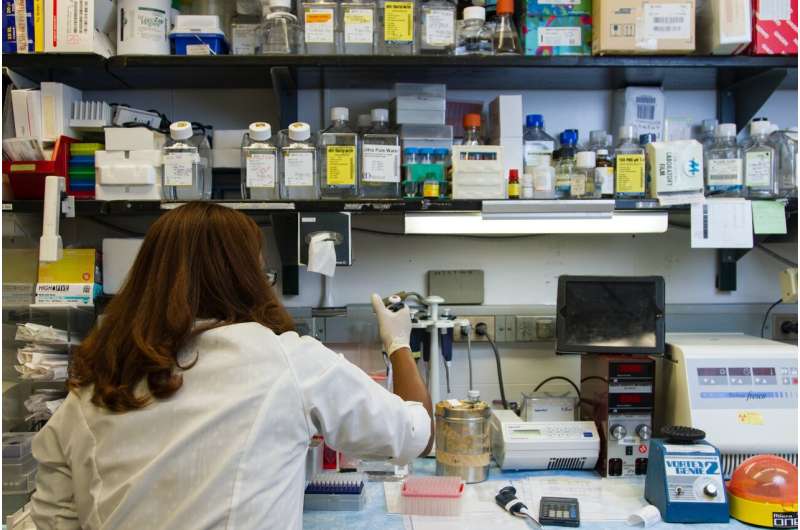Targeting Cellular Pathways to Halt Deadly Rotavirus Infection

Innovative research reveals that disabling a host enzyme, FA2H, can prevent rotavirus from infecting cells, opening new avenues for therapies against this deadly pathogen. Learn how targeting cellular pathways may revolutionize infectious disease treatment.
Recent research from Washington University School of Medicine in St. Louis has uncovered a promising strategy to combat rotavirus, a leading cause of severe dehydrating diarrhea in infants and young children worldwide. Despite the availability of vaccines, rotavirus continues to pose a significant health threat, particularly in regions with low vaccination coverage, contributing to over 128,500 deaths annually globally. Moreover, declining vaccination rates in the United States have led to increasing cases.
The study focused on how rotavirus infects cells and identified a crucial host enzyme, fatty acid 2-hydroxylase (FA2H), which facilitates the virus's ability to escape from cellular compartments called endosomes. When the virus enters a cell, it becomes trapped inside these endosomes, preventing infection. The research demonstrated that disabling FA2H, using advanced gene editing techniques, caused the virus to remain confined within endosomes, thereby blocking replication.
In genetically modified mice lacking FA2H in intestinal cells, infection symptoms were significantly reduced, confirming the enzyme's role in infection. This approach differs from traditional vaccines by intervening directly in the infection process and potentially offering a broad-spectrum method to prevent similar pathogens relying on the same entry mechanisms.
Furthermore, the study suggests that FA2H is not only involved in rotavirus infection but also plays a role in other pathogens like Junín virus and Shiga toxin, indicating a common "entry code" used by multiple disease-causing agents. Targeting this pathway could lead to new therapeutic options that bolster host defenses against various infectious diseases.
Ding emphasized that this discovery opens the door for developing drugs that inhibit FA2H activity, providing an innovative host-based defense mechanism. Such therapies could complement vaccines, especially for vulnerable populations who remain unvaccinated or are at risk of severe disease.
The findings are published in the Proceedings of the National Academy of Sciences (PNAS), and represent a significant advancement in understanding viral entry mechanisms, offering hope for future treatments that could reduce the global burden of rotavirus and similar infections.
Source: https://medicalxpress.com/news/2025-10-disabling-critical-cellular-pathway-key.html
Stay Updated with Mia's Feed
Get the latest health & wellness insights delivered straight to your inbox.
Related Articles
NIH Policy Changes Amplify Political Appointee Authority in Research Funding Decisions
Recent policy changes at NIH grant political appointees greater control over research funding decisions, raising concerns about politicization and impact on scientific integrity.
Advances in Genetic Testing Clarify Uncertain Results for Cancer Treatment
Recent advancements in genetic testing and functional genomics are enhancing our understanding of uncertain genetic results in cancer, leading to better personalized treatment options and improved patient outcomes.
Revolutionary Light Sheet Microscope Enhances Brain Imaging to Study Learning Processes
Innovative light sheet microscopy enhances brain imaging capabilities, enabling detailed study of neural processes involved in learning and development at a cellular level.
The Extensive Impact of Dementia on American Families
A new study reveals that over a quarter of families with older adults in the U.S. include someone living with dementia, highlighting the disease's widespread impact on family life and caregiving networks.



